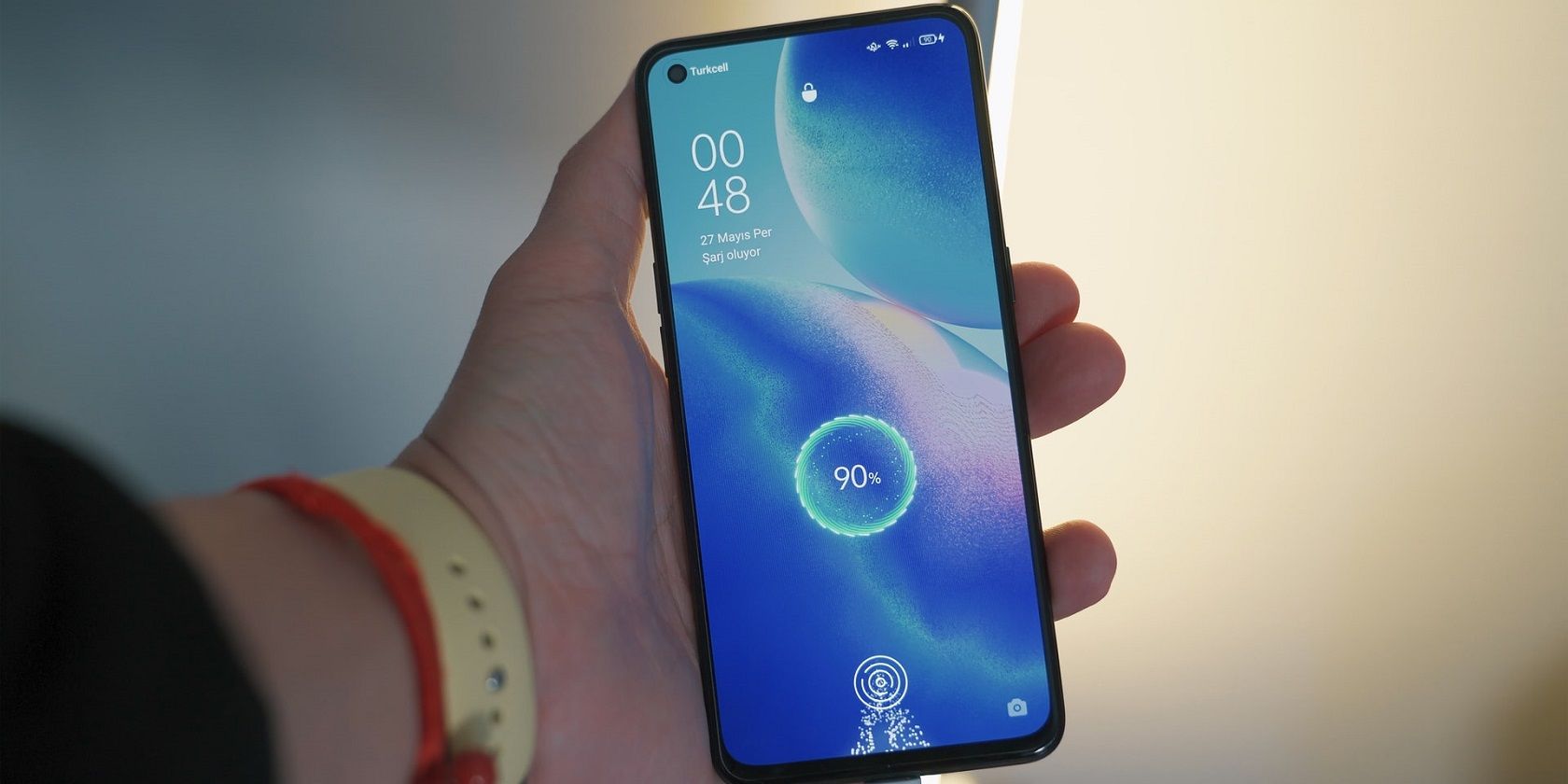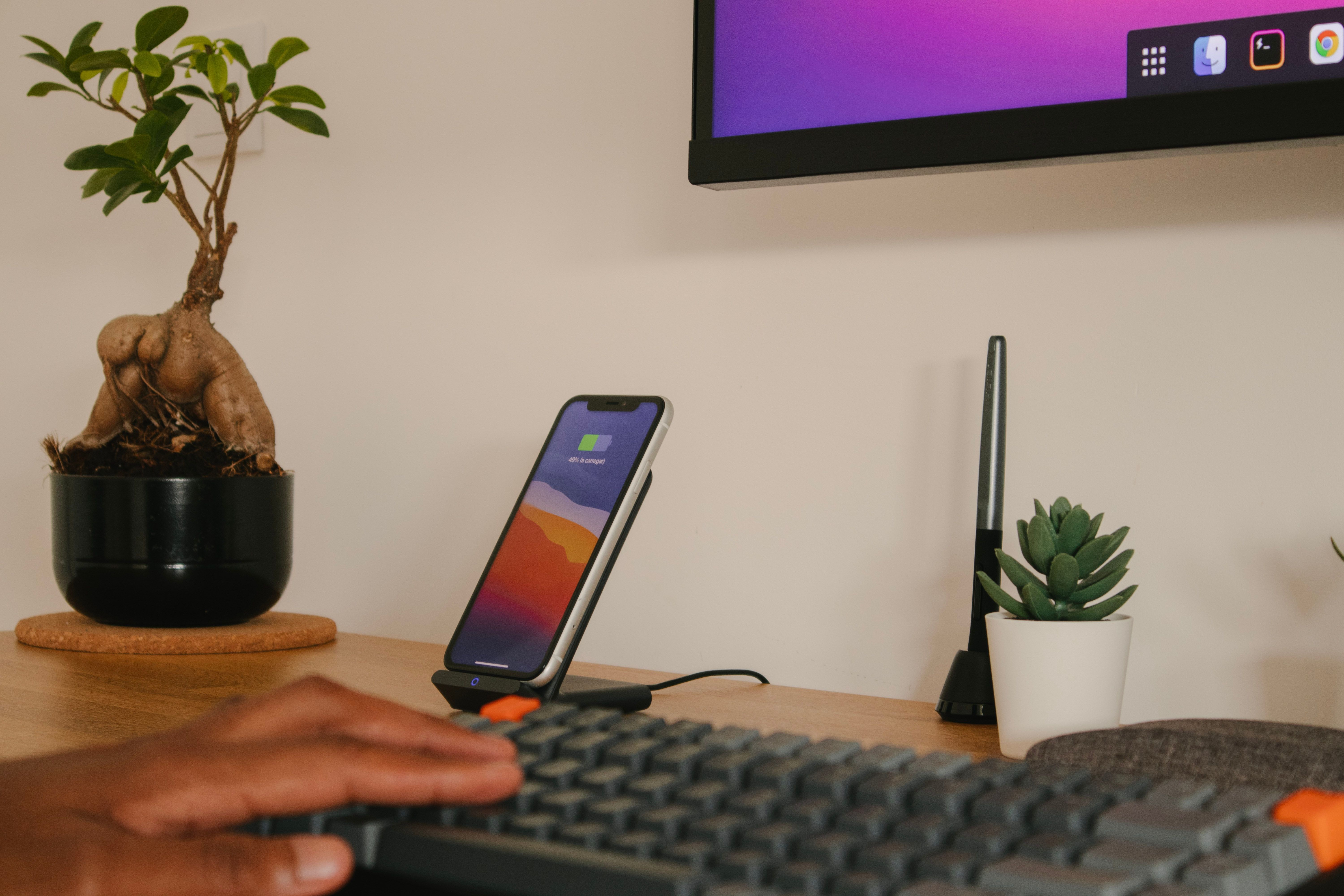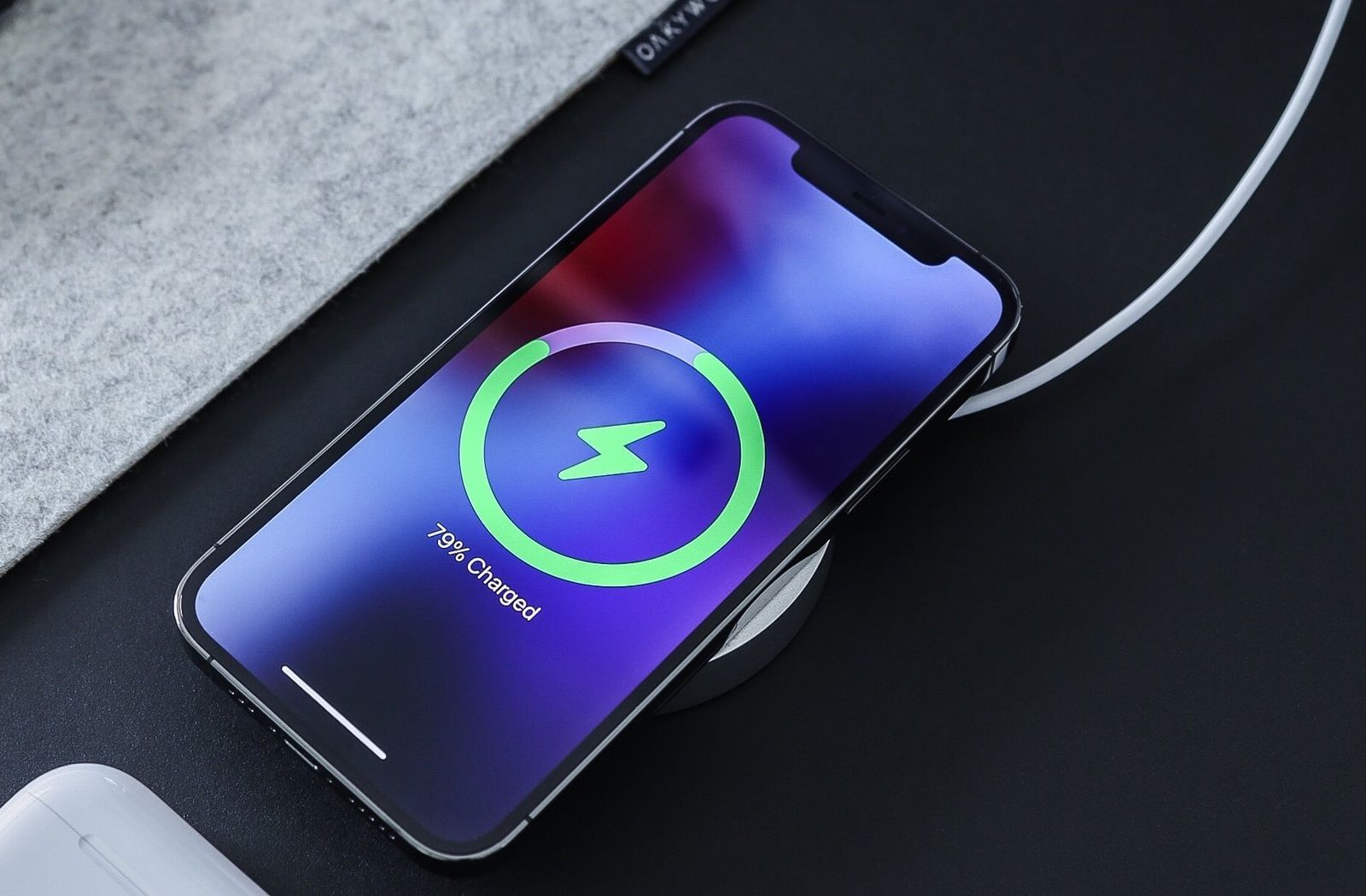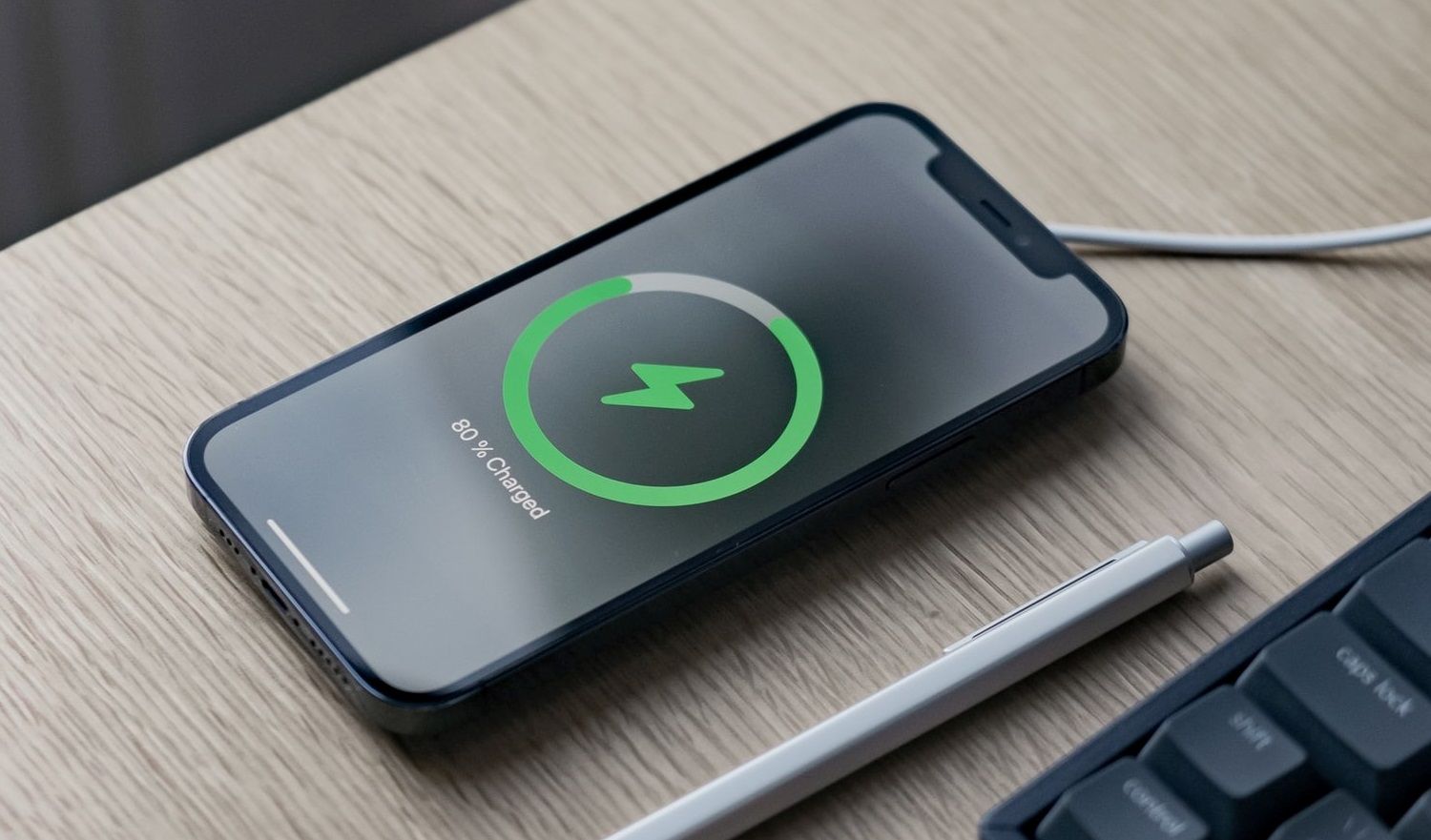Fast charging is becoming a standard feature on smartphones, electric vehicles, laptops, and other gadgets. It's convenient as it lets you juice up your device or car in less time than you would conventionally have to wait.
But as much as fast charging is impressive, does it have any negative effects on battery life? And are fast chargers bad for your phone? Let's break it down for you.
What Is Fast Charging?
Fast charging is a feature that allows you to charge your device in just a fraction of the time it would typically take. Whether your phone or other device supports fast charging boils down to the included charging circuit.
Your device can only draw in power that the charging circuit was designed to handle. That's why connecting your device to a fast-charging brick will not necessarily make it charge any faster. Of course, there might be other reasons why your smartphone is charging slowly, and you need to consider these as well.
Fast charging makes it easier to top up your battery every time you feel a need to boost. Considering the increasing amount of time we spend on our devices, and how it's becoming difficult for a single charge to last all day, fast charging is more essential than ever.
We will use smartphones as an example in this article. On this front, there are several fast-charging standards on the market. Thankfully, most are cross-compatible.
What Is Considered Fast Charging?
Fast charging has become an effective marketing term for different electronic products. However, you'll commonly bump into this term in smartphone marketing materials.
These materials can be deceptive at times, tricking you into thinking your device supports fast charging—only to realize it doesn't later on. So, how many watts is considered fast charging?
Smartphone manufacturers often label anything above 10 watts as a fast charging rate. However, there's no industry standard on what is considered fast-charging speed. The higher the number, the quicker the rate of charging.
Will Fast Charging Damage the Battery?
This question commonly arises due to the heat associated with bombarding your device with high amounts of power. And as you may already know, heat is bad for your battery—especially lithium-ion types—which most smartphones use today. That's why fast charging systems strive to reduce the heat as much as possible while increasing the output.
But is fast charging damaging your device's battery?
Not really, no. This is due to how fast charging works. Fast charging batteries have two phases of charging. The first phase is where they take in as much power as possible. The first phase is usually when the battery capacity is low or empty.
This explains why in smartphone marketing materials, you'll see companies boasting about how their fast charger takes a specific amount of time to charge the battery from zero to some capacity.
But once the battery capacity reaches that quoted level, the charging speeds are reduced to prevent stress and heat that can damage the battery's longevity. You've probably noticed your phone charges faster to a certain percentage but longer to fill the battery; this is why.
It's also worth keeping in mind that your phone may automatically turn off fast charging if your device's temperature exceeds a certain level.
How Do Phone Companies Mitigate the Impact of Fast Charging?
Smartphone companies have also devised other ways to reduce the impact of the fast charging phase on the battery by using a dual-battery design. This way, the two batteries share the high input load during the fast-charging phase—thus preventing damage.
Another preventive measure is the different battery management software systems. Smartphones have a dedicated management system for overseeing charging, preventing the battery from being damaged by a high input charge. Apple's optimized battery charging is an excellent example of this.
Essentially, the effectiveness of your phone's battery management software dictates whether fast charging damages your battery or not.
The bottom line is fast charging won't impact your battery life substantially. But the physics behind the technology means you shouldn't expect the battery to last longer than using a conventional "slow" charging brick.
But that's just a single factor. A battery's longevity varies depending on different factors. Apple's support documents, for example, say the following for its phones:
"A normal battery is designed to retain up to 80% of its original capacity at 500 complete charge cycles when operating under normal conditions."
In case you want to know, here's how to check the battery cycle count of your iPhone.
Should You Worry About Fast Charging Effects on Your Battery?
Not much. As pointed out above, the charging management system looks after the battery to prevent damage. It's clear that there is a chance that the battery life will be affected, but it's not to a substantial extent that warrants serious concern. So, you shouldn't worry too much.
Hopefully, your doubts about fast charging are now out of the way.




